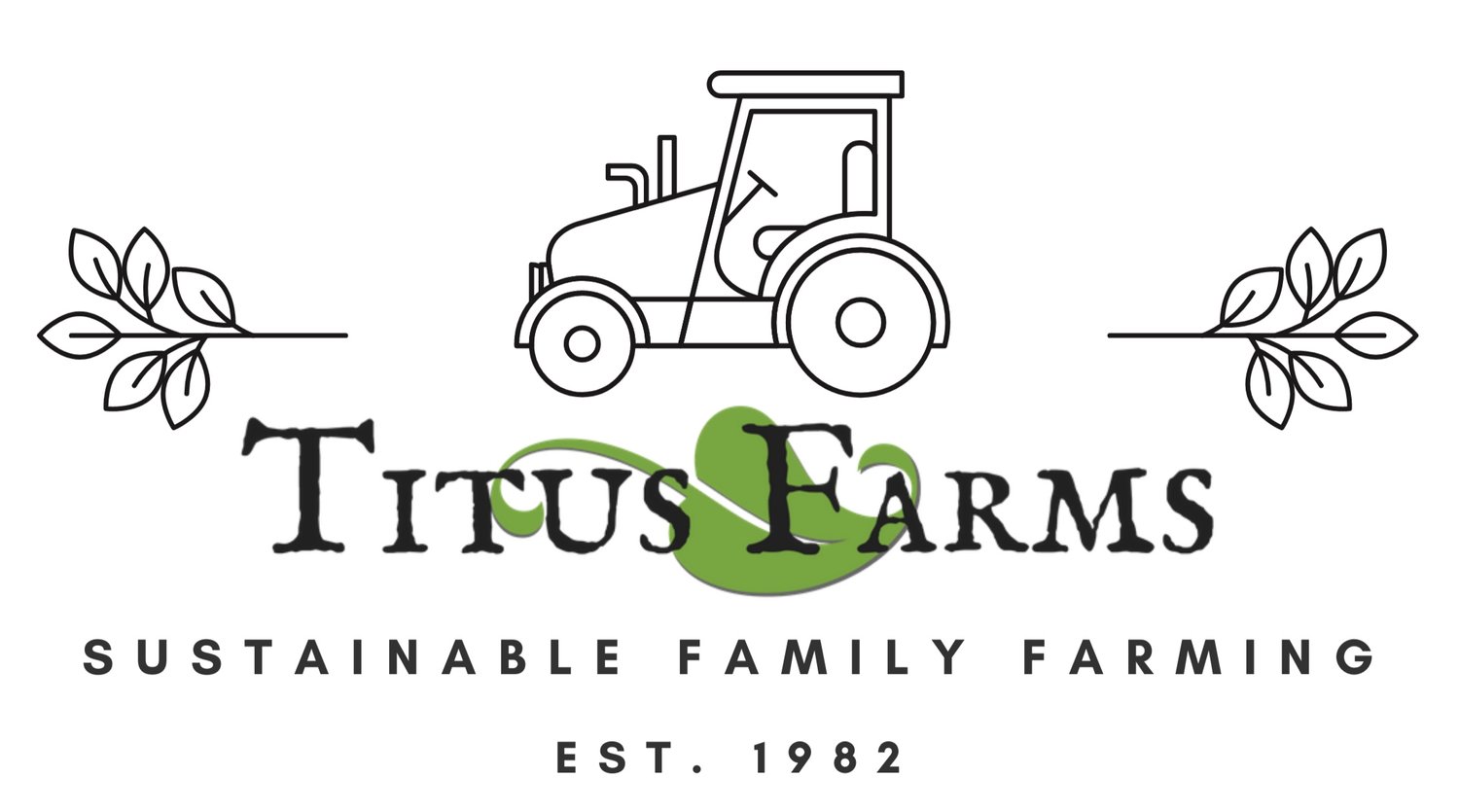[CSA]: Week 16
Well, apples didn't work out for this week but, we're hoping to try again next week.
In the meantime, have you thought about Thanksgiving yet?
I know... it's still a million years away (to exaggerate a bit) but, if you're looking for a locally raised turkey, the time to act is now!
Our favorite farmer-athlete-veteran, Katy Stone, is raising some beautiful turkeys and asked that I share her info:
Laetus Pullus Farm Turkeys
$5 a pound Fed certified organic grain Pasture-raised Picked up fresh the week of Thanksgiving If enough people are interested she's willing to work with us to get delivery sites closer to you! Otherwise, pickup is on the farm in Perry. Email Katy at katystone1@mac.com -Be sure to mention I sent you her way!
Speaking of Thanksgiving... winter is right around the corner! Look for details about Winter CSA opportunities next week!
The Menu
Please Choose 8
Brussels Sprouts!
We received a light frost on Friday night so, they're ready!
They're a little smaller than we like with a few cosmetic imperfections but, they taste great.
Leeks!
Beets!
Mostly chioggia (pink and white striped)
Sweeter with a less earthy flavor
Garlic
Red or Yellow Storage Onions
Hot Peppers
Sweet Bell Peppers and Carmen/Escamillo
Curly or Red Russian Kale
Rainbow Chard
Daikon Radishes
Delicata or Carnival Winter Squash!
Two of our favorites: Delicata is sweet and delicate with a thin skin. Carnival is equally sweet with an acorn-like appearance and smoother texture than acorn squash.
Kossack Kohlrabi
Maybe List
Broccoli
Parsley!
Recipe Ideas: Winter Squash I
Squash season has only just started but, we figured it would be good for you to have a few tools and ideas so that the slow and steady flow of squash doesn't become overwhelming.
How to Store or Save
Squash is best in a cool, dark place, such as a basement or closet. (Be sure to guard against mice though!) Under the right storage conditions, many squashes can last 2-3 months.
Often, a little vinegar bath can greatly improve the chances of a long storage life, as it kills any bad bacteria living on the outside of the squash.
If you've cut up more squash than you need for a recipe, you can store it in the fridge for at least four days. Just make sure it's covered, ideally in a closed container or zippered plastic bag.
You can also easily freeze squash. Cut it into small cubes or slices, then, spread it out on a cookie sheet, and flash freeze it. Transfer the squash to a freezer-safe container or plastic bag once it's frozen. Frozen squash will keep indefinitely, but it is best if used within six months to a year.
We also love to roast squash and freeze it for later use. When you start seeing pie pumpkins appear in the share, this is what we love to do!
Roast any pumpkin or squash then puree it so you easily can add it to bread and soup recipes or reheat it for baby food. Check out Smitten Kitchen's Pumpkin Puree. Easy peasy.
If you've still got a few acorn squash to deal with at home, the classic preparation is to stuff them. You can actually do this with any squash but, for some reason, acorn squash (or Carnival, since it has a similar shape) has become synonymous with stuffing.
A new take on Stuffed Squash (with pistachios and quinoa) makes a meal, from Martha Stewart.
Or, something closer to what we end up doing a lot: squash with pork, apples, rice, and goodness: Try this Stuffed Winter Squash from The Splendid Table
Roasting squash is really the basic technique here though. Whole or cut up, in the oven, at a moderate to high heat. I usually walk away and come back to poke it a bit and see if it's done. All squash cooking is very dependent on the size of the thing and how you cut it.
Still, there is no wrong way to cook a squash.
Delicata, acorn and probably most squash, can even be popped in the microwave (just be sure to poke holes in it first if you're cooking it whole!).
If you want the squash to be the main event, try roasting it with brussels sprouts like this Maple and Cinnamon Glazed Delicata Squash.
